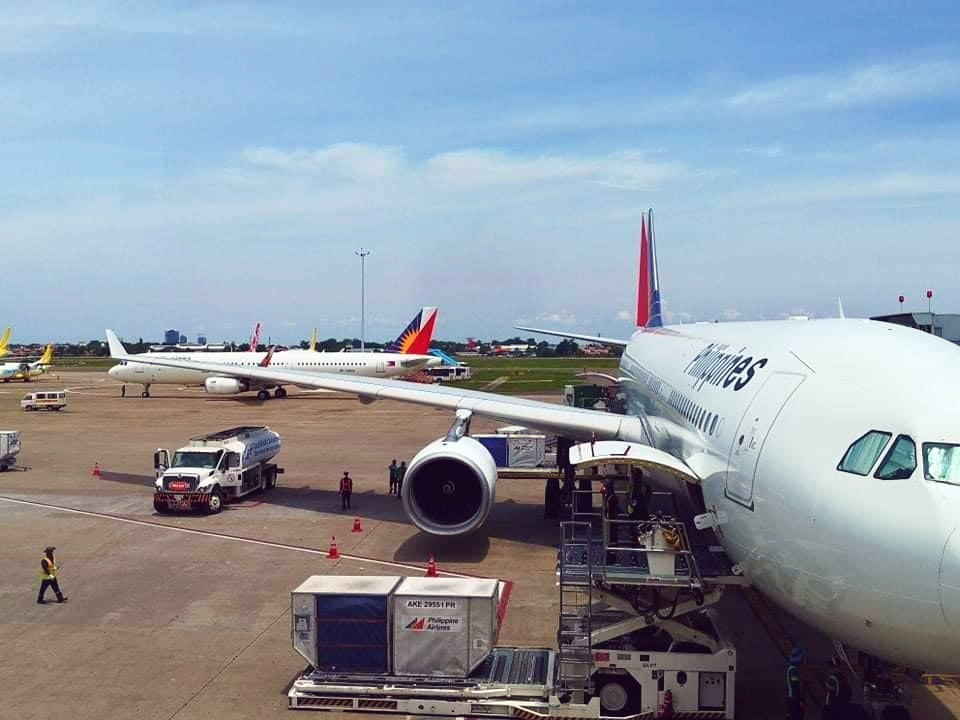Brazilian aerospace manufacturer Embraer has unveiled a series of groundbreaking advancements for its commercial jet lineup at the Farnborough International Airshow. Centerstage is the introduction of the Embraer Enhanced Takeoff System (E2TS), a pioneering automated takeoff function for the E2 family of aircraft.
According to Aviation Week, E2TS is the culmination of three years of development and involves a patented software upgrade to the existing flight control system.
Luis Carlos Affonso, Embraer’s Senior Vice President of Engineering and Technology Development, said in an Aviation Week report that the system “optimizes the aircraft’s take-off profile” by rotating the aircraft to its maximum geometrical limits while preventing tailstrikes.
Affonso explained that E2TS involves a patented software upgrade to the existing flight control system. The technology optimizes the aircraft’s rotation during takeoff, allowing for more precise and consistent performance compared to manual takeoffs.
Arjan Meijer, President and CEO of Embraer Commercial Aviation, stated that the main goal of the E2TS is to “optimize the takeoff performance and reduce consumption during one of the most ‘costly’ phases of the flight in terms of fuel burn.”
The new system is expected to significantly enhance the E2 family’s capabilities, particularly at airports with restricted runways. Embraer claims that E2TS can extend an aircraft’s range by up to 500 nautical miles from some airports. For example, an E2 taking off from London City Airport could gain an additional 350 nautical miles in range, potentially opening up new route possibilities to destinations such as Istanbul and North Africa.
Aviation Week detailed the operational procedure for E2TS, citing Affonso: “Upon lining up on the runway, pilots will select the auto-takeoff mode along with autothrottle and engage the autopilot. They will still manually correct heading with the pedals if needed. The takeoff roll is initiated by pushing the power levers forward to engage the autothrottle.”
Beyond the E2TS, Embraer has also introduced substantial enhancements to its E-175 aircraft. These upgrades include expanded overhead bin space to accommodate one carry-on bag per passenger, mood lighting for improved passenger comfort, and advanced avionics. These changes align the E-175 more closely with the features offered on the E2 series.
Embraer has not been idle in terms of overall aircraft performance. The company announced a 2.5% reduction in fuel burn for the E2 family, coupled with increased range and extended engine life. Additionally, cabin optimizations for the E195-E2 now allow for an extra row of seats without compromising passenger experience.
While the Farnborough Airshow did not yield new orders for Embraer, the company remains optimistic about its sales pipeline. According to Airways Magazine, Embraer is currently in negotiations for up to 300 E2 orders and additional E1 aircraft.
In a press release, Meijer expressed enthusiasm for the advancements, stating, “We aim to continually improve our aircraft and these upgrades announced today – reducing fuel burn and emissions; increasing range; improving the passenger and cabin experience; and adding new technology and connectivity – is great news both for our customers and their guests.”
Embraer’s commitment to innovation is evident in these latest developments. The E2TS, in particular, represents a significant leap forward in aviation technology and has the potential to reshape the industry.























Leave a comment